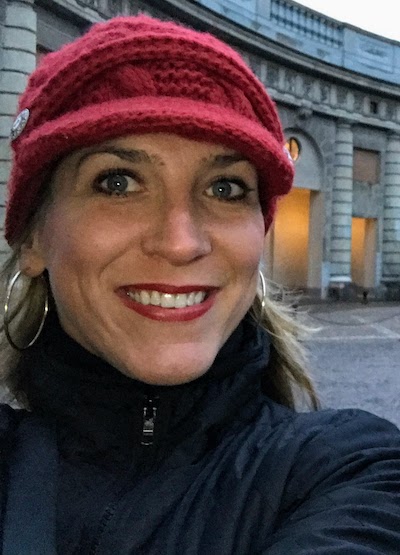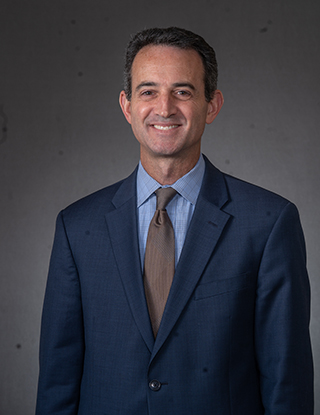SCOTUS: Abortion, LGBTQ+ Rights and DACA

RadioEd is a biweekly podcast created by the DU Newsroom that taps into the University of Denver’s deep pool of bright brains to explore new takes on today’s top stories. See below for a full episode transcript.
Over the last year, working moms have experienced serious burnout. Between the pandemic, closed daycare centers and schools, work from home and isolation from support systems, they have had countless challenges to negotiate and too few resources to draw on. We are just starting to understand the toll the pandemic has taken and the long-term implications for women, their families and society as a whole. Recent U.S. census numbers show that 3.5 million mothers with school-age children left work last spring. In this episode, we talk with Lindsey Feitz, director of the University of Denver’s Gender and Women’s Studies program and a mom herself, about what this means for gender roles, which mothers are the most vulnerable and postpandemic concerns.
Show Notes
Lindsey Feitz is a teaching associate professor and the director of the Gender & Women's Studies Program in the College of Arts, Humanities & Social Sciences.
More Information:
- U.S. Census: Moms, Work and the Pandemic
- Assistant Professor in the Graduate School of Social Work Miriam Valdovinos' paper: "Healing through Ancestral Knowledge and Letters to Our Children: Mothering Infants during a Global Pandemic"
- New York Times: "The Primal Scream: America's Mothers are in Crisis"
- New York Times: "How Society Has Turned its Back on Mothers"
RadioEd is a biweekly podcast created by the DU Newsroom that taps into the University of Denver’s deep pool of bright brains to explore new takes on today’s top stories.
Infighting in the Republican party intensified this month: Those skeptical of the 2020 presidential election results removed Wyoming Rep. Liz Cheney from her leadership post, while a group of more than 100 Republicans have organized a movement to reform their party or splinter off and start something new. Nearly two-thirds of Americans say they have had it with the two party system, according to a Gallup poll from earlier this year. But even though there’s a will to create a third party, is there a realistic way? Seth Masket, political science professor and director of DU's Center on American Politics, evaluates the possibility and what it might look like for each side of the political spectrum.
Show Notes
Seth Masket is a professor of political science in the University of Denver's College of Arts, Humanities and Social Sciences, and director of DU's Center on American Politics.
In this episode:
- Gallup: Support for Third U.S. Political Party at High Point
- A Call for American Renewal official site
- "The Gamble" book by John Sides and Lynn Vavreck
- "Breaking the Two-Party Doom Loop" book by Lee Drutman
- Duverger's Law
- Politico: Never-Trump movement splinters as its villain heads for the exit
- New York Times: A Breakaway Third Party of Ex-Republicans? Don't Count on It.
- The Hill: Cheney: 'The majority of the Republican Party is not where I am'
More information:




